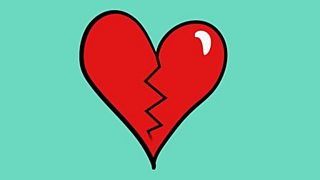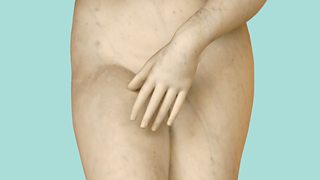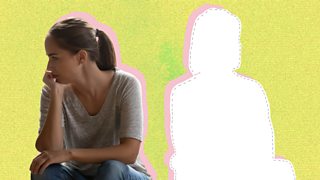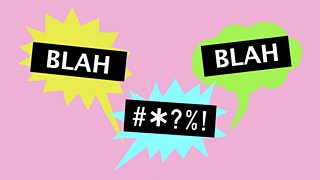Second Chances: Mothers and addiction
The number of children in care in England is at its highest since 1985 and it's still rising. A mother's addiction to drugs and alcohol is often one of the contributing factors when a child is removed. The reporter and DJ Milly Chowles became a mum at 40 last year. She’s in long term recovery from addiction and “after all the years of darkness” now has a son, who’s just turned one. She feels she was given lots of chances to change.
But her fear is that women now aren’t getting those opportunities and the impact on them, their children and society is devastating. In a series for Woman’s Hour, Milly spoke to several women at risk of having their children removed and the people who are trying to help them...
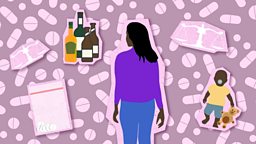
Lydia is a former childcare solicitor. She went to school with Milly and got back in touch after hearing an online talk she did about her own experience of addiction and recovery, called Being the Story.
“I worked with many women with addiction as I was a childcare solicitor working with parents and children going through care proceedings in the courts,” she told Milly.
“I really loved the job and when I started there was some funding for rehab and second, third, fourth, fifth chances. But as time went on the government money dried up and it seemed that if addiction was the issue in the case, there was only money for removal of the child and adoption. I fell out of love with the job because of this.
“I had seen a few parents succeed in rehab and have their children returned and those few success stories were what I went into the job for. Now there doesn’t seem to be the money and so many of the units are closing. It is beyond heartbreaking to know that those parents will lose their children and maybe even their lives.”
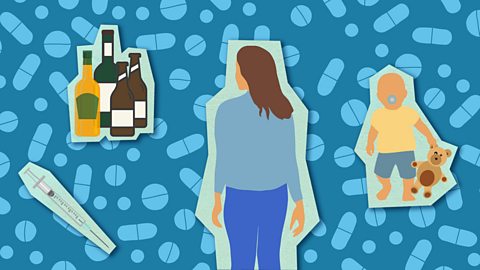
‘When I started there was funding for second, third, fourth, fifth chances.’
Listen to Lydia's story.
This lack of funding for services can mean women are overlooked and don’t receive the help they desperately need. ‘Kate’ found out she was pregnant whilst addicted to crack cocaine, but initially struggled to find support.
“I was scared because I was still using and I didn’t want my child to be put through being on drugs and being born addicted,” she told Milly. “I wanted to get clean and I needed to get clean for my unborn child, but there was just not enough available to support me getting clean.
“You’re being vulnerable and you’re saying that you want help, that you want the best for your unborn child. And it constantly seems like whatever you do is not good enough.
“It’s like the system is there and they’ve seen it all before and in my experience they believe that people can’t change.
“The effort and determination that I put into my using, I’ve turned that around and brought that skill with me to fight for my child. Because I did not want him to be just a number in the system and get lost.”
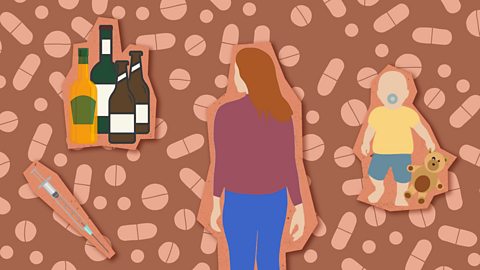
‘It constantly seems like whatever you do is not good enough.’
Listen to Kate's story.
One father, whose words have been voiced by an actor to preserve his anonymity, went through the court system to safeguard his daughter from her mother’s heroin addiction. He was given full custody.
“I remember one day I turned up to pick my daughter up but there was no answer. So I looked through the letterbox and I could see my daughter sobbing on the stairs,” he told Milly.
“She was probably about five years old at that time. Luckily the door was open so I grabbed her and gave her a hug. I opened the living room door and it was just this array of passed out people, residues of a party all around them. I remember just thinking ‘Oh my God’.
“There’d been a backlog of years and years of reports put in around my daughter and social services had basically done nothing. [They] had fobbed me off so many times saying there was nothing I could do.
“Part of me thinks I might have stepped up a couple of years before it got really bad, but because of the way that social services were coming across I thought I was powerless. You’re constantly questioning yourself: ‘Did I do that right?’ and ‘Should I have done that?’ and it’s just really hard.”
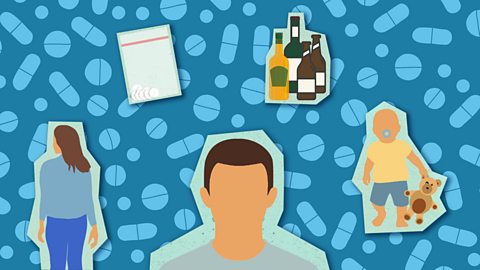
‘I thought I was powerless.’
Milly Chowles speaks to a Dad who fought for full custody to protect his daughter.
‘Bea’ has seven children, but lost custody of six of them after her alcohol and marijuana usage progressed to a cocaine and crack cocaine addiction. She was offered the support that so many women cannot access. The Family Drug and Alcohol Court (FDAC) helped kickstart her recovery and regain custody of one of her children and she has since had another child.
“In the back of my mind I knew that the drugs were becoming a problem,” she told Milly. “I went to my initial consultation and I was met with a lot of compassion, because by this time it was my sixth time round in child care proceedings. And I felt listened to. I felt heard. It was such a different and refreshing experience.
“It took me about two weeks to actually finally put down the drugs completely and build a relationship with the people in the Family Drugs and Alcohol Court - my key worker, my therapist, my judge. I learnt to trust professionals. I’d started to become mature.
“I remember having to say goodbye to my key worker. She’d been one of the first professionals over a span of 17 years that saw me for me.”
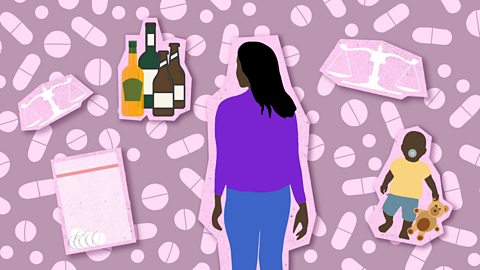
‘I felt heard. It was such a different and refreshing experience.’
Listen to Bea’s story.
Angela Frazer-Wicks had her two sons removed and adopted. She was addicted to drugs and alcohol and living in an abusive relationship, so she was deemed unable to keep her children safe.
She has reconnected with her son 17 years later and now shares her experience to campaign for the rights of other mothers at risk of having their children removed from their care.
“When the children were first taken I literally just lay on the floor and just screamed,” she said. “It’s an almost guttural noise. It’s an animal instinct… it’s awful.
“There are local authorities that are finally starting to acknowledge that we can’t keep doing this to young, vulnerable women. But sadly I know, from the stories I hear day in day out, that this is still happening. That we’re still taking away children from women who realistically just need support.
“We’re the lucky ones, you know. We did actually come out of the other side of this relatively unscathed.”
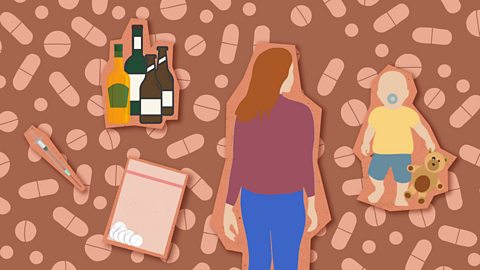
‘We can’t keep doing this to young, vulnerable women.’
Listen to Angela's story.
You can catch up with every episode of Woman’s Hour on Â鶹ԼÅÄ Sounds, including every instalment of this series. Find us on or @bbcwomanshour.
